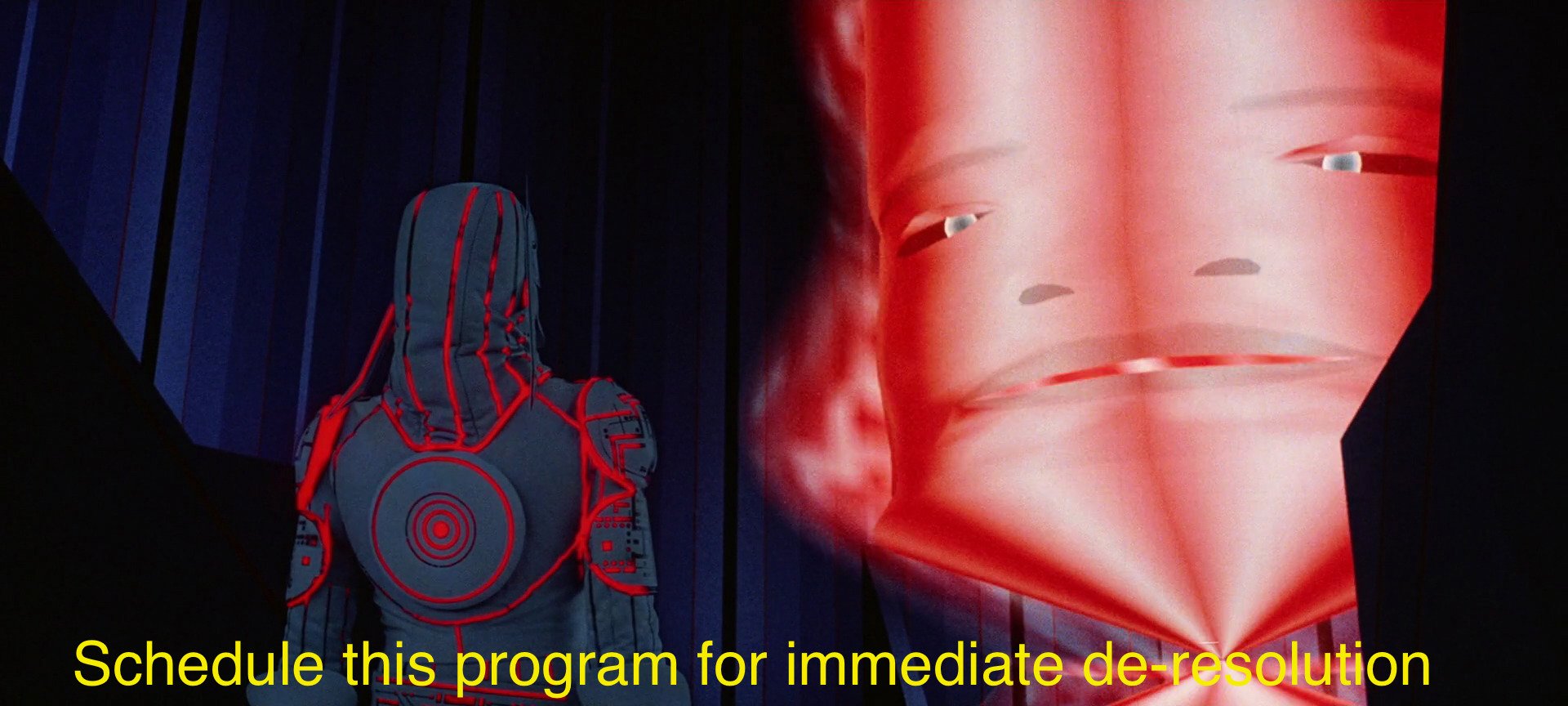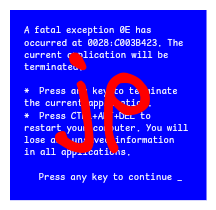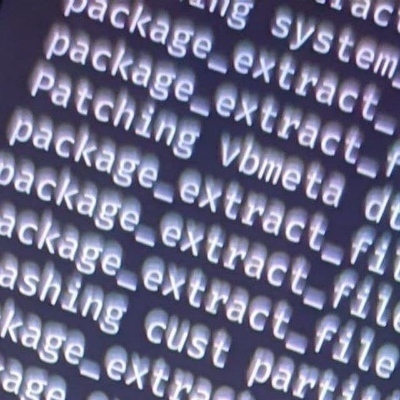why stop at curly brackets? Do all of them: parentheses, square brackets, angle brackets, and curly brackets. Also, strings should be liberated. Move all non-escaped quote characters to the end of the line too.
i will keep using .sass and you will like it
Python programmer encountering a real programming language for the first time.

Or a former BASIC programmer who really hates braces . . .
[urge to mention that @dosuser123456@lemmy.sdf.org codes in basic intensifies]

Literally me every time I want to program something slightly complex in Python.
It’s just YAML…
YAML makes you appreciate Python’s 4 spaces indentation.
4 spaces? Hard core Python programmers must have a callus on their thumbs.
Just assign tab to 4 spaces.
I thought python allowed whatever indentation you wanted as long as it’s consistent?
pep8 calls for 4 space but it is a guidance not a rule.
Google internal style guide recommend(ed?) 2 spaces to accomodate the line length limit.
It does, but most style guides and autoformatters will use 4
Python is one of the few languages with an official style guide, I think that guide says 4 spaces.
Tabs!
I’ve set tabs to four spaces in vim because who the fuck defaults tab to eight spaces. That shit looks alien and pushes text off the screen fast.
4 tabs is a bit overboard, don’t you think?
I’d love to see your .editorconfig.
…
…
What’s that in your project root? …pom.xml? Misread that at first as porn.xml.
I’m not the OG on this, just an old reddit post I remembered
https://old.reddit.com/r/ProgrammerHumor/comments/9fhvyl/writing_yaml/
Hmmm, perfectly level.
Idk why but i fell in love with this and might just use it now
I just realised why we do live coding interviews.
God
It would be nice and easy if we had elastic tabstops
That’s true, I wanted to port that to Kate for me to test, but I’m too dumb to port the Scala implementation to QT/KDE framework
Like like python if you give the right side column thingy
That would be very cool to have in a code autoformatter
weird cousin of lisp
;}}}
WE CAN DO THAT!?!??
… whitespace is whitespace.
My credo on this kind of thing is never do something that will make your successor so mad that they find out where you live and post parts of your body to Interpol.
Good fences make good neighbors.
Corollary: server-side commit hooks make good teammates.
I low key love it. It’s unconventional, but it’s not hard to read
it’s not hard to read
Until there’s missing brace somewhere
I think this could be better for reading but harder for writing. Like you could write a script that converts between this and the easier to write way if you are working on a project with others.
On braces are not used in
iforforstatements
Honestly, looks neat, might adopt this
Python with extra steps
looks clean tbh

I forgot Moses was in Tron















